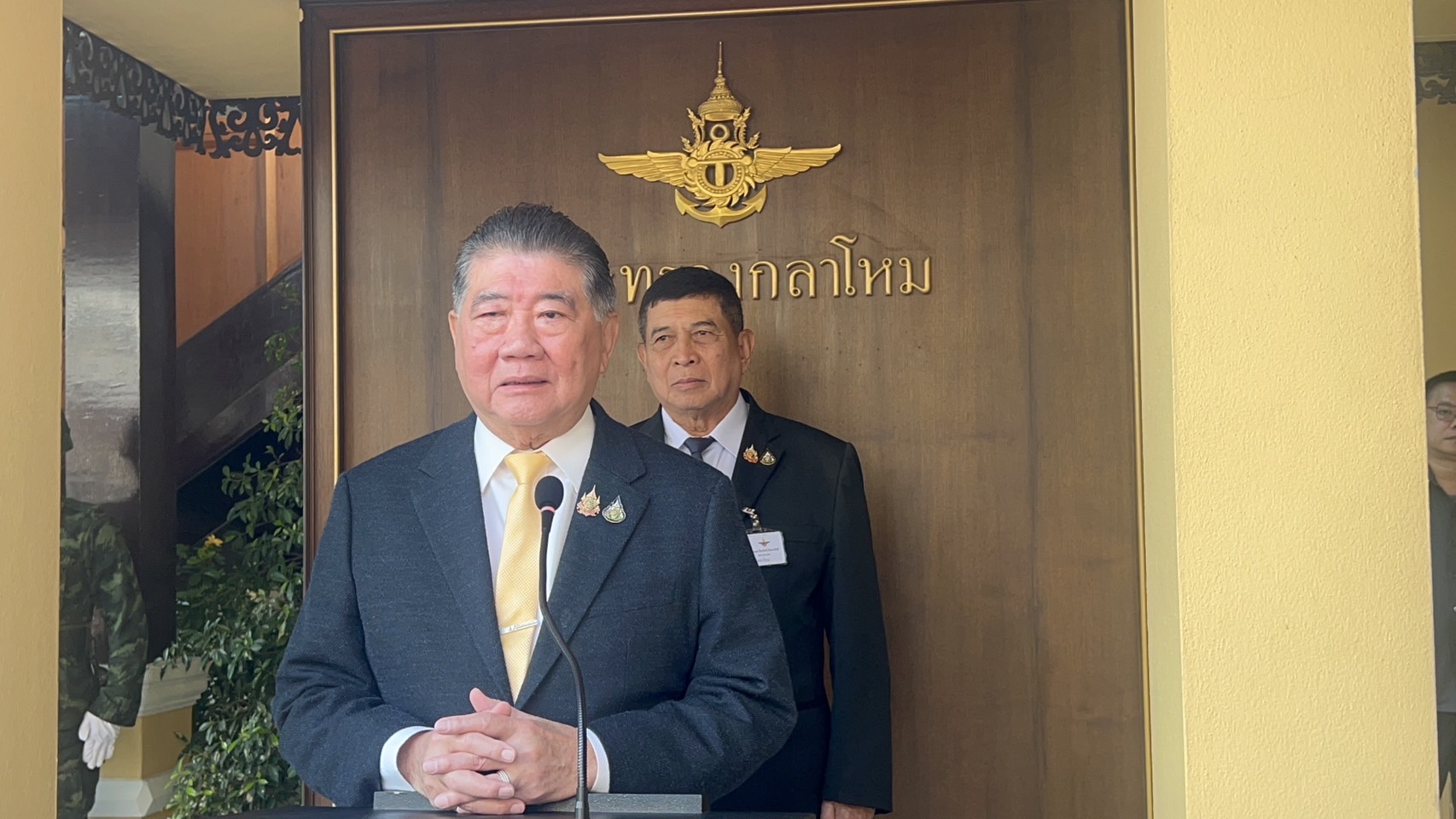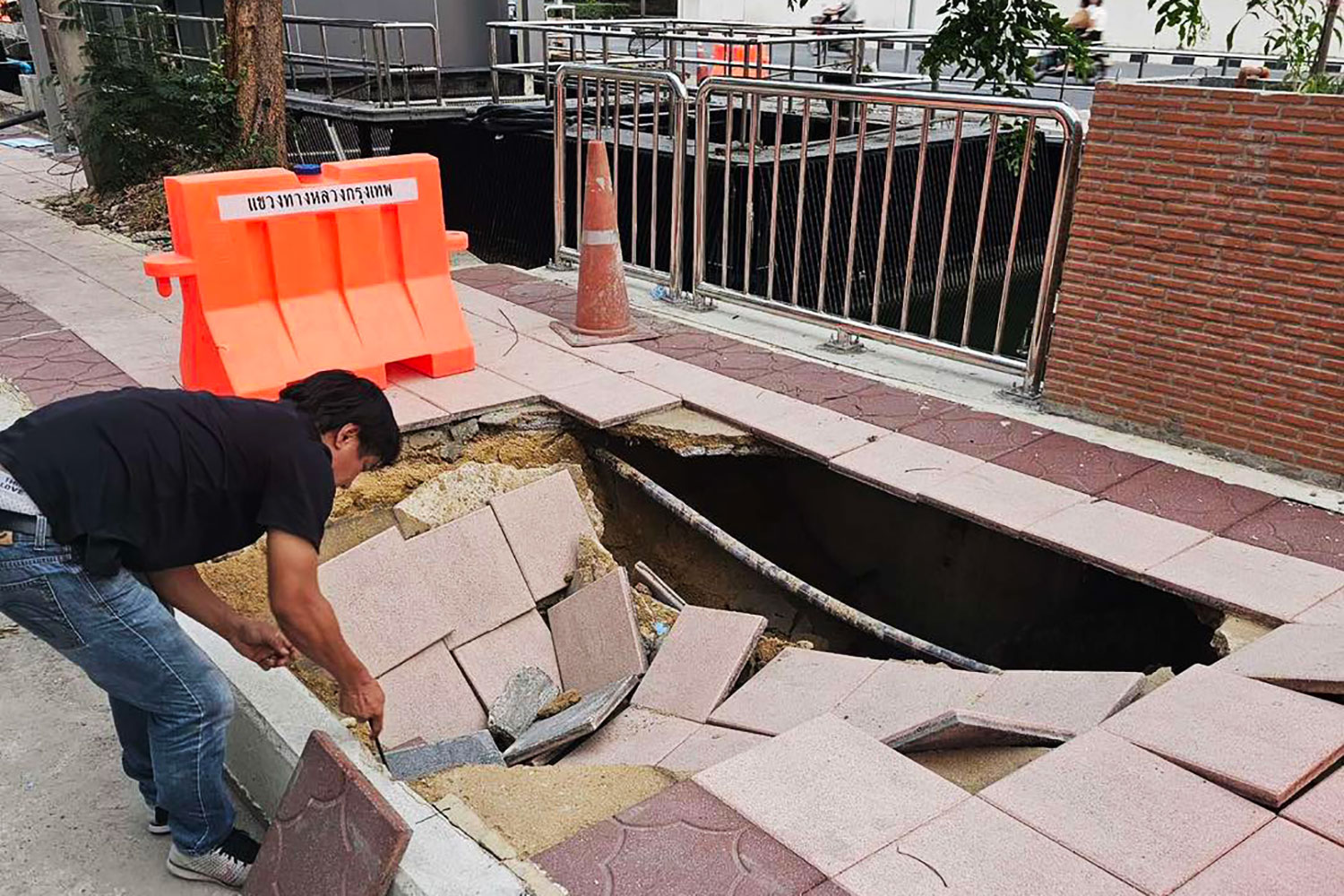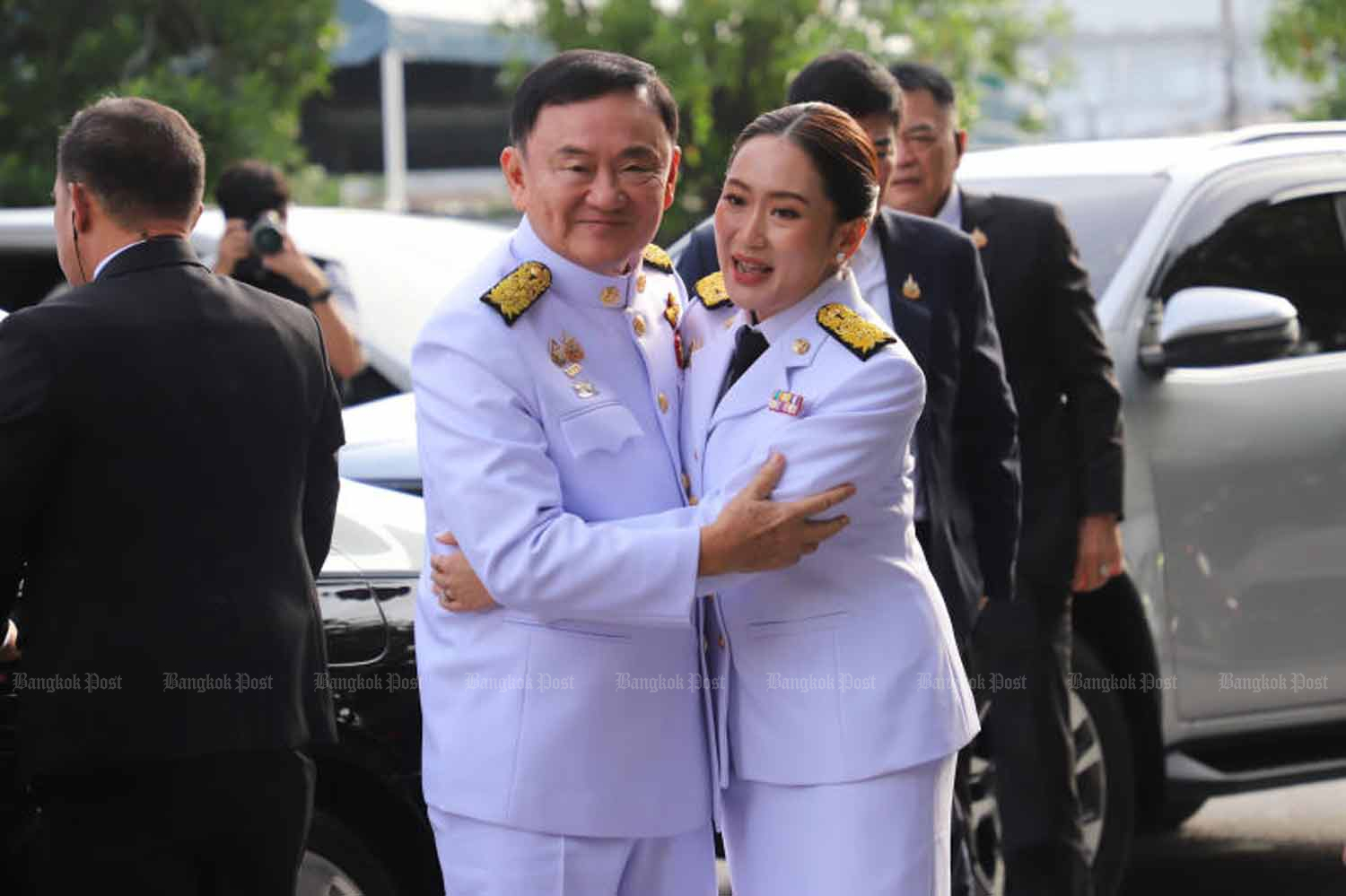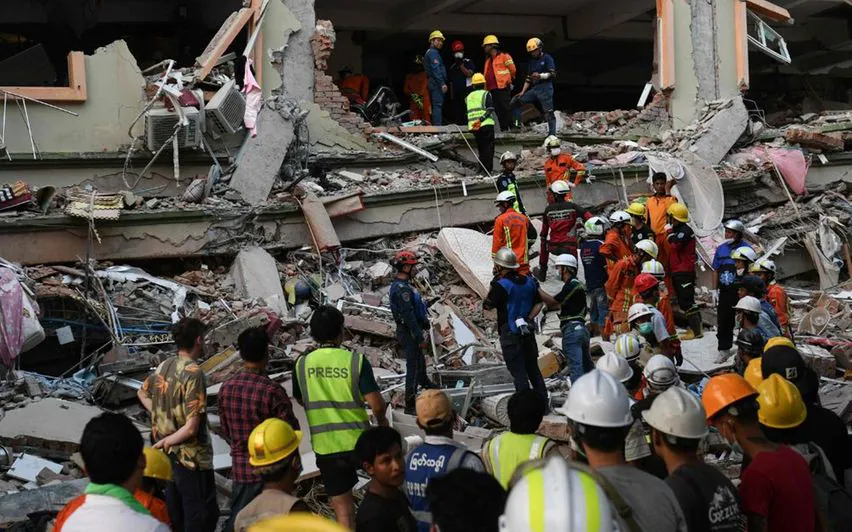Phumtham’s Defense
Allegations of Selective Media Access
Deputy Prime Minister and Defense Minister Phumtham Wechayachai has strongly denied accusations of favoring pro-government media outlets during his recent trip to China. The visit was aimed at checking on the welfare of 40 Uyghurs who were deported from Thailand.
Background of the Deportation
Controversial Repatriation
The deportation of Uyghurs to China has been a contentious issue, with human rights organizations expressing grave concerns about their safety upon return. These individuals were part of a larger group of about 300 Uyghurs who fled China and were arrested in Thailand in 2014.
International Reaction
Global Concern and Criticism
The deportation has sparked international outcry, with various countries and human rights groups condemning the action. The United Nations and several Western nations have warned of potential human rights violations and the risk of persecution faced by the Uyghurs in China.
Thai Government’s Stance
Balancing Act
Prime Minister Paetongtarn Shinawatra has emphasized the need for actions to align with legal principles, international procedures, and human rights. The Thai government appears to be navigating a delicate balance between international obligations and its relationship with China.
Opposition’s Response
Domestic Criticism
Opposition lawmakers have voiced their disapproval of the deportation, arguing that it violates human rights and puts the Uyghurs at risk of persecution. The move has reignited debates about Thailand’s approach to human rights and its foreign policy.
Implications for Thailand
Diplomatic and Human Rights Consequences
The deportation and the subsequent media controversy surrounding Phumtham’s visit have potential implications for Thailand’s international reputation and its stance on human rights issues. The incident highlights the complex challenges faced by the Thai government in managing its diplomatic relationships and human rights obligations.








